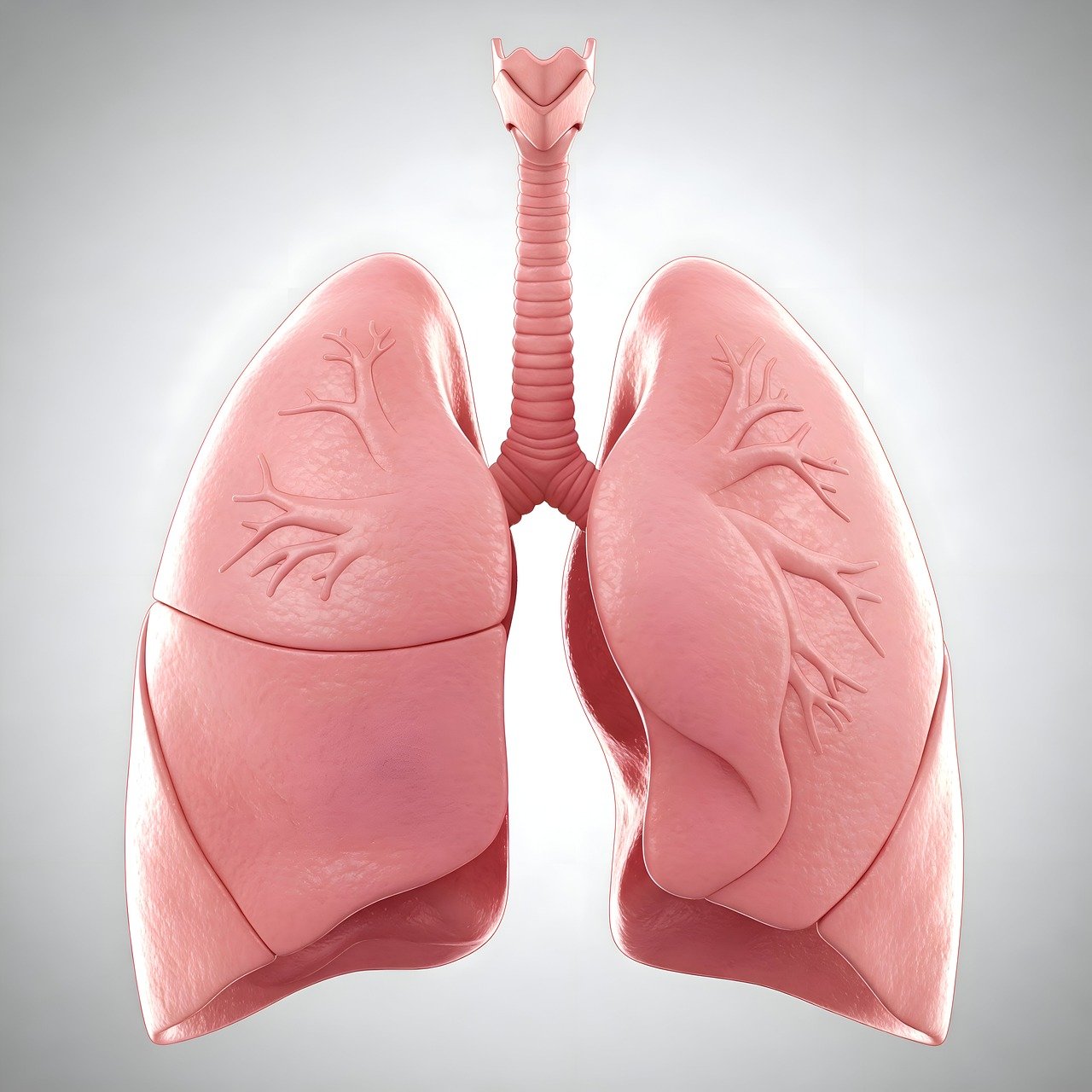The Role of Nutrition in Maintaining Optimum Health: A Comprehensive Guide
In today’s fast-paced world, the importance of nutrition often takes a backseat to convenience. However, understanding the critical role nutrition plays in maintaining optimum health is essential for everyone. Nutrition is not just about eating; it’s about nourishing the body, mind, and spirit. This comprehensive guide delves into the various aspects of nutrition and its impact on overall health.
Understanding Nutrition: The Basics
Nutrition refers to the process by which our bodies obtain and use food for growth, energy, and maintaining bodily functions. It involves several components, including carbohydrates, proteins, fats, vitamins, and minerals. Each plays a unique role in ensuring the body operates efficiently.
- Carbohydrates: Often misunderstood, carbohydrates are essential for providing energy. Complex carbohydrates found in whole grains and vegetables are beneficial for sustained energy levels.
- Proteins: These are the building blocks of the body. They are crucial for repairing tissues, making enzymes, and supporting immune function.
- Fats: Healthy fats are vital for brain health, energy, and the absorption of certain vitamins such as A, D, E, and K.
- Vitamins and Minerals: These micronutrients are necessary for various biochemical reactions in the body and for maintaining overall health. For example, vitamins and minerals support immune function, bone health, and wound healing.
The Impact of Nutrition on Physical Health

Nutrition significantly impacts physical health. Poor nutritional choices can lead to a range of health issues, from obesity to chronic diseases. Let’s explore how balanced nutrition supports physical well-being.
Weight Management
Maintaining a healthy weight is crucial for preventing diseases such as diabetes, heart disease, and certain cancers. A balanced diet that includes a variety of nutrients helps regulate weight. Consuming the right amount of calories, combined with physical activity, supports healthy weight management.
Boosting Immune Function
A well-nourished body is better equipped to fight infections and illnesses. Nutrients such as vitamin C, vitamin D, and zinc are known to enhance immune function. Including a variety of fruits, vegetables, lean proteins, and whole grains in your diet can help bolster the immune system.
Improving Heart Health
Nutrition plays a pivotal role in cardiovascular health. Diets high in saturated fats and trans fats increase the risk of heart disease. In contrast, diets rich in heart-healthy foods like leafy greens, nuts, and fatty fish can lower cholesterol levels and blood pressure, reducing heart disease risk.
Nutrition and Mental Well-being
Good nutrition is not only vital for physical health but also for mental well-being. There is a growing body of research suggesting a strong link between diet and mental health.
Enhancing Mood and Cognitive Function
Foods rich in omega-3 fatty acids, like salmon and walnuts, are known to support brain health. Furthermore, a diet high in antioxidants, vitamins, and minerals can improve mood and cognitive function, reducing the risk of depression and anxiety.

Gut-Brain Connection
The gut is often referred to as the “second brain” due to its impact on mental health. A balanced diet that includes probiotics and prebiotics supports gut health. Foods like yogurt, sauerkraut, and bananas promote a healthy gut microbiome, which can positively influence mental health.
Practical Tips for a Balanced Diet
Achieving a balanced diet may seem daunting, but it can be simplified by incorporating some practical tips into your daily routine.
- Plan Your Meals: Meal planning helps in making healthier food choices and avoiding unhealthy snacks. Create a weekly meal plan that includes a variety of food groups.
- Portion Control: Understanding portion sizes prevents overeating. Use smaller plates and bowls to help control portions.
- Stay Hydrated: Hydration is often overlooked but is essential for overall health. Drinking adequate water supports digestion, nutrient absorption, and skin health.
- Read Food Labels: Educating yourself on food labels helps make informed choices. Look for foods low in added sugars, sodium, and unhealthy fats.
- Mindful Eating: Eating mindfully involves paying attention to hunger cues and savoring each bite. This practice can prevent overeating and promote better digestion.
The Role of Nutrition in Disease Prevention
Nutrition plays a crucial role in preventing chronic diseases. A diet rich in whole foods can reduce the risk of diseases such as diabetes, obesity, and cancer.
Diabetes Prevention

Type 2 diabetes is often linked to poor dietary habits. Consuming a diet high in fiber-rich foods, while limiting sugar and refined carbohydrates, can lower the risk of developing diabetes.
Cancer Prevention
Certain dietary patterns are associated with a reduced risk of cancer. A diet high in antioxidants, such as those found in berries and green tea, can protect cells from damage. Additionally, cruciferous vegetables like broccoli and cauliflower have cancer-fighting properties.
Takeaways
Nutrition is a cornerstone of good health, impacting everything from physical well-being to mental state. By understanding the role of different nutrients and making informed dietary choices, individuals can promote optimum health and prevent disease. Embracing a balanced diet rich in fruits, vegetables, whole grains, and lean proteins can lead to a healthier, more vibrant life. For more on nutrition and health, consider exploring resources on healthy diets and their benefits. Remember, the journey to better health begins with a single nutritious choice.
Special Considerations for Different Life Stages
Nutritional needs vary significantly throughout different stages of life. It is crucial to tailor dietary choices to meet these changing needs adequately.
Nutrition for Infants and Children
During infancy and childhood, nutrition is critical for growth and development. Breast milk or formula provides essential nutrients for infants. As children grow, introducing a variety of foods helps in developing taste preferences and ensures they receive the necessary nutrition for healthy development. It’s important to include iron-rich foods, such as lean meats and fortified cereals, to support cognitive development.
Adolescent Nutrition

Adolescence is a period of rapid growth, requiring increased caloric and nutrient intake. Calcium and vitamin D are vital for bone growth, while iron supports the increased blood volume and muscle development. Encouraging healthy eating habits during this stage can set the foundation for lifelong health.
Adult Nutrition
For adults, maintaining a balanced diet helps prevent chronic diseases and supports daily function. It’s important to focus on nutrient-dense foods, while moderating caloric intake as metabolism slows with age. Incorporating regular physical activity alongside a balanced diet is key to maintaining a healthy weight and overall wellness.
Nutrition for Older Adults
As people age, their nutritional needs change. Older adults require fewer calories but more of certain nutrients, such as calcium, vitamin B12, and vitamin D, to support bone health and prevent deficiencies. Hydration is also crucial, as the sense of thirst may diminish with age.
Overcoming Common Nutritional Challenges
Many individuals face challenges in maintaining a balanced diet due to various factors, including lifestyle, socioeconomic status, and food availability. Here are some strategies to overcome these challenges:
Time Constraints
Busy schedules can make it difficult to prepare healthy meals. Planning meals ahead of time, using quick and healthy recipes, or batch cooking on weekends can help. Keeping healthy snacks like fruits, nuts, and yogurt on hand can also make eating nutritious foods more convenient.
Budget-Friendly Nutrition
Eating healthy doesn’t have to be expensive. Purchasing seasonal produce, buying in bulk, and choosing store-brand products can reduce costs. Preparing meals at home instead of eating out is another effective way to save money while eating healthily.
Accessibility to Healthy Foods

Access to fresh and healthy foods is a challenge in some areas, known as “food deserts.” Community gardens, local farmers’ markets, and food co-ops are potential solutions for increasing access to nutritious foods in these areas. Additionally, some programs and initiatives aim to provide healthier food options in underserved communities.
Embracing a Lifelong Commitment to Nutrition
Adopting a healthy eating lifestyle is a lifelong commitment that can lead to improved quality of life and longevity. It’s about making sustainable changes rather than opting for quick fixes or fad diets. Here are some tips for embracing this journey:
- Set Realistic Goals: Small, achievable goals can lead to long-term success. Focus on one change at a time, such as adding an extra serving of vegetables to your meals.
- Educate Yourself: Stay informed about nutrition by exploring reputable sources. The U.S. Department of Agriculture’s Nutrition.gov offers a wealth of information on healthy eating.
- Stay Flexible: It’s important to be flexible and adapt your eating habits to fit your lifestyle, preferences, and nutritional needs.
- Seek Support: Joining a support group or working with a nutritionist can provide guidance and encouragement on your journey to better health.
Takeaways
Nutrition is a fundamental pillar of health that affects every aspect of our lives. By understanding and prioritizing the role of nutrition, individuals can enhance their physical and mental well-being, prevent chronic diseases, and enjoy a higher quality of life. Whether it’s through meal planning, mindful eating, or embracing lifelong healthy habits, the journey to optimum health is an empowering and rewarding endeavor. Remember, every nutritious choice brings you one step closer to a healthier you.

